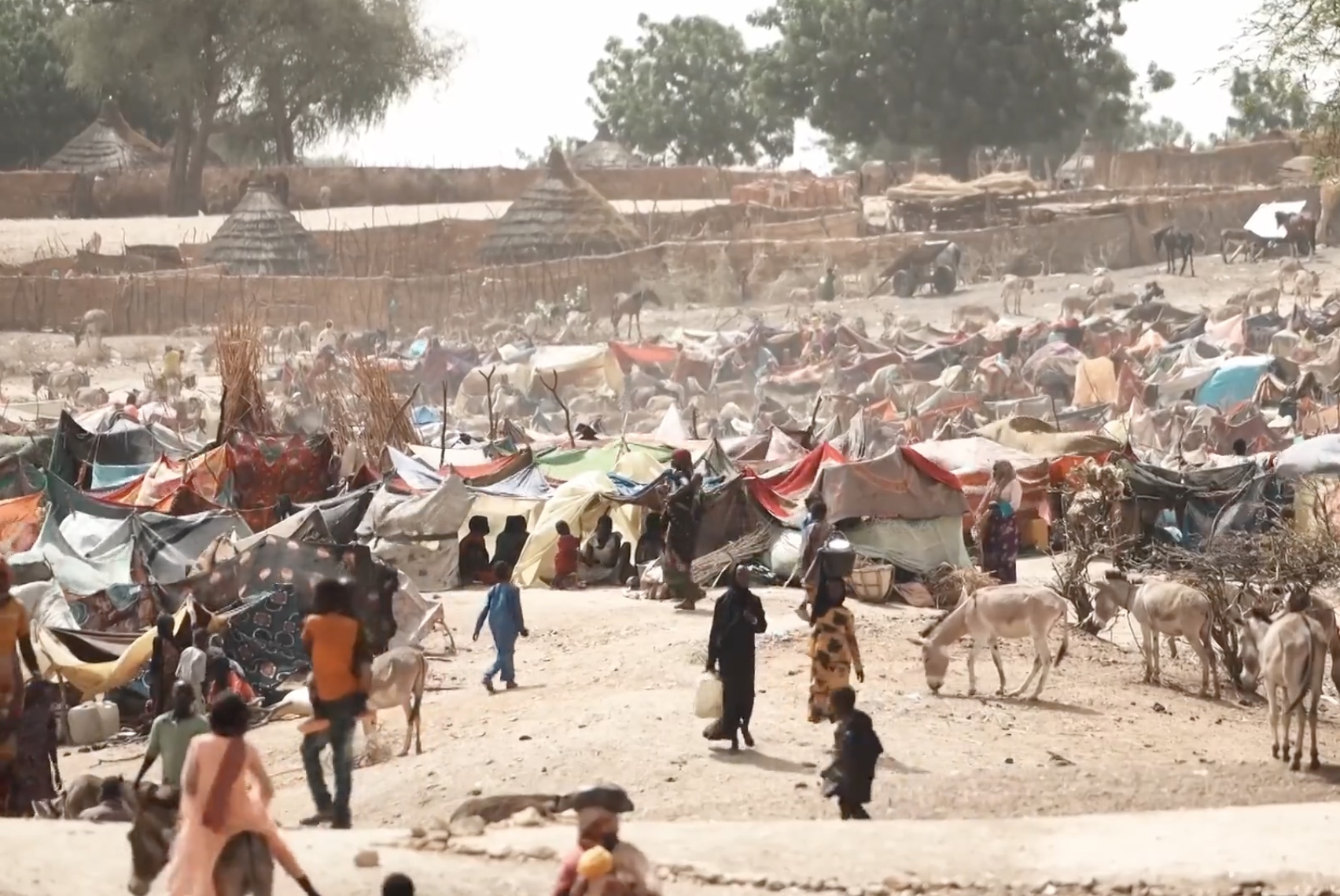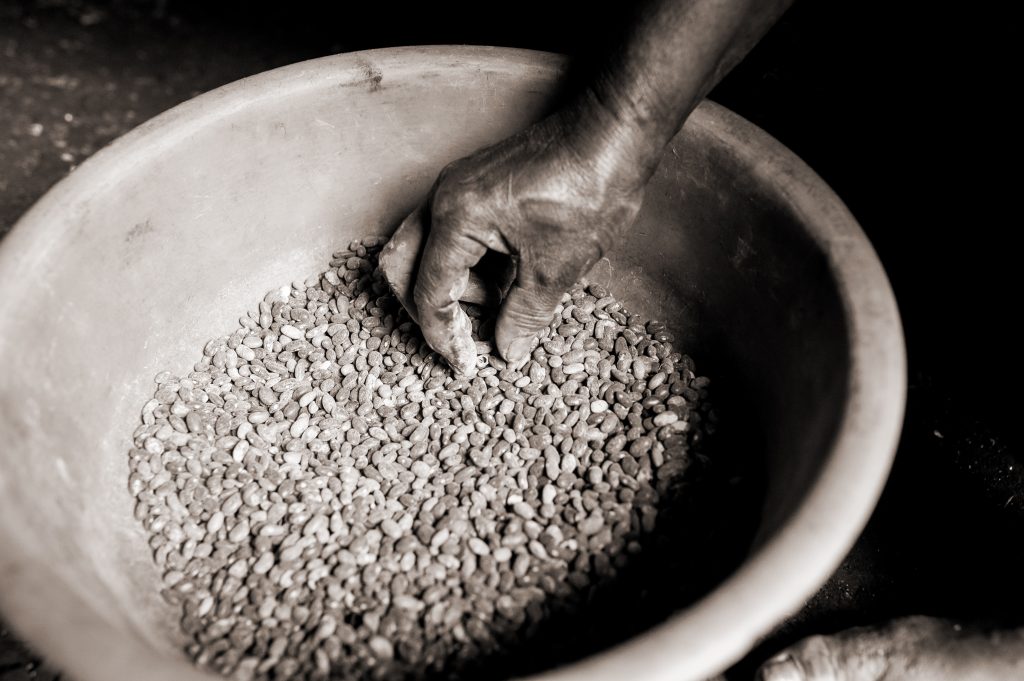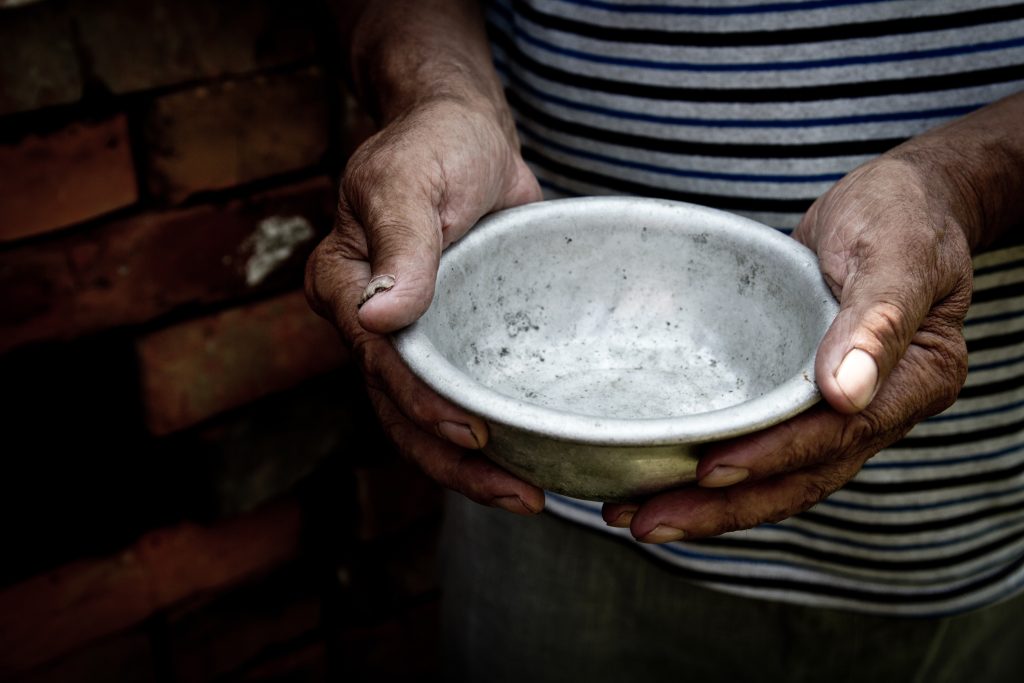Like most contemporary wars, Sudan’s war cannot be reduced to a contest between two sides. It’s more complicated—and best understood in context of the history of the Sudanese state and its wars.
The Sudanese state was born two hundred years ago as an instrument for plundering an imperial periphery. Khartoum and its immediate environs became something akin to an organized state. This state’s territorial reach and institutional depth expanded and contracted over the decades, but only through unsustainable exploitation of its peripheries. Southern Sudan (now independent), Darfur and other marginal regions were ethics-free zones of (at worst) brutal extraction by a ‘gun class’ of merchant-soldiers and (at best) reserves providing cheap labor for commercial farms, the army and militia.
This kind of state was always unsustainable. Sudanese history provides a compelling variant of the maxim of Charles Tilly, who, with respect to Europe, wrote, ‘war made the state and the state made war.’ The Sudanese state waged its counterinsurgencies on the cheap, using local militias, while merchant-officer partnerships made a killing from pillage, investing their profits in the enclave that was Khartoum. A predatory state and predatory wars made each other.
Four months after the current fighting began, neither the Sudan Armed Forces (SAF) nor the Rapid Support Forces (RSF) has won a decisive victory on the battlefield. That should surprise no-one. Never has a Sudanese war ended that way.
On April 15, the country’s most capable political entrepreneur, General Mohamed Hamdan Dagolo, known as ‘Hemedti’, tried to seize power. Despite scrupulous planning and tactical skill, the coup failed to eliminate the command of the SAF, including its chief, General Abdel Fattah al-Burhan. It also failed politically: RSF atrocities—looting, killing, raping—turned its battlefield advances into public relations disasters. Fighting has destroyed much of the capital. A conflagration ignited in Darfur, about which we know far too little because of shut off in communication and international disinterest.
The fight began as a mobster shootout over which soldier-business cartel would run Sudan. But the two bosses are losing their grip. Hemedti appears to be physically incapacitated and has shown none of the populist energy that allowed him to set a political agenda. Trying to dispel rumours that he was dead or in intensive care, the RSF released a video of patched together clips, in which Hemedti stood, stiff and pallid, speaking for eleven seconds.
Al-Burhan has emerged from his bunker and been more visible, but hardly more coherent. He is nominal head of a fractious cabal of generals and financiers, many of them old-guard Islamists from the former regime of President Omar al-Bashir.
A Barebones State
Islamist securocrats and plutocrats from the former regime of President Omar al-Bashir are back in business, backing al-Burhan. Some hard-bitten civil revolutionaries condemn any dealings with the group whom they hold responsible for Sudan’s slide into crisis, but any civilian leader seen to side with Hemedti is isolated.
Hemedti’s political loss is al-Burhan’s gain. While early statements from American and Saudi Arabian mediators spoke of ‘SAF’ merely as a belligerent, putting it on equal standing with the RSF, al-Burhan and his group are now recognized as the ‘Government of Sudan.’ This is despite the fact that they don’t control the capital city. They administer only their de facto headquarters in Port Sudan and a handful of other cities.
Thirty years ago, the Islamist minister of finance, Abdel Rahim Hamdi, argued that the central parts of Sudan constituted an economically viable miniature country. The towns and commercial farming schemes within a day’s drive of Khartoum became known as the ‘Hamdi Triangle’. This was a middle-income enclave and the locus of most infrastructure and investment. Hamdi argued that this area could prosper without having to administer the troublesome peripheries of southern Sudan, Darfur, and other far-flung areas that served chiefly as labor reserves.
The outcome of this war may be a truncated semi-triangle in eastern Sudan. This would be run like the military-Islamist duopoly of the al-Bashir years, except more brutal and more venal. And, probably, more fractious. Different generals and Islamists have united around al-Burhan as their titular leader but are likely to stick together only as long as the RSF in Khartoum poses an existential threat.
Paramilitary Governance
The RSF is the revenge of the cannon fodder against the political establishment that was ready to exploit them when it needed a dirty job done and then denigrate them for doing it. Its leader, Hemedti, had a populist touch and made opportunistic alliances. His political fortunes rose because he had political energy, promised an alternative to the old guard, and money. But Hemedti’s chameleon-like political stratagems couldn’t conceal the DNA of his political-military business: the Janjaweed, infamous for their atrocities in the Darfur war of 2003-05. It’s also a family affair, but none of Hemedti’s deputies have the charisma and status to replace him.
What we see in Darfur is a murderous campaigns by the RSF and associated militia. It seems likely that, anticipating that quick victory in Khartoum, the RSF had no plans for fighting in Darfur, and that middle-ranking commanders took the initiative, pursuing local ethnic agendas. The atrocities are comparable to those of twenty years ago, condemned at the time by the US as genocide. Like that war, it is rapidly becoming complicated, fissiparous and multi-sided.
If the RSF were to prevail, we should expect that the Sudanese government, or remnants thereof, would become a wholly-owned subsidiary of the commercial-military-ethnic agenda of the Dagolo family and its most powerful backers. State capture by political entrepreneurs hailing from nomadic tradition is a phenomenon rarely recognized in modern times. This is rule from the saddle, governance by lineage, looting and rights of conquest. Recent cases include the court of the ‘Brother Leader’ Muammar Gaddafi and his Chadian nemesis, President Idriss Deby and his family. Gulf monarchs, gold traders, putschists and private military companies are comfortable it.
The contradiction of paramilitary governance is its destructiveness. The RSF modus operandi is to attack and loot everything—markets, farms, schools, hospitals—leaving a wasteland. The militiamen drive out the locals but they can sustain themselves only by moving on to new victims. In due course they will run out of cities to pillage.

Sudan’s Political Marketplace
There’s a rich scholarly vocabulary for exploring what is happening in Sudan. To name a few, there’s Mary Kaldor’s ‘new wars’, a protracted socio-political condition; David Keen’s conflicts of collusion in which belligerents engage in a joint criminal enterprise; and Marielle Debos’s ethnography of Chadian fighters for whom enemies are temporary products of the ‘situation’. I have described how Sudanese conflicts morph between ‘Schmittian’ and ‘Hobbesian’ forms (one being two-sided fights over the state, the other wars of all against all) and developed the framework of the political marketplace to explain turbulent, violent transactional politics.
On the eve of the August 2019 Constitutional Declaration, I wrote a paper that observed that the issues under negotiation at the time did not include the real structures of power in the country. Its pessimistic summary was at odds with the optimism of that moment:
The alliance of [civilian] forces … along with some army generals in SAF, and the majority of African and western nations, aspire for a transition to an institutionalized and democratic state. According to the political marketplace framework analysis that is not in prospect. (p. 1)
I saw the major question not as instituting democracy but whether Hemedti—the dominant political entrepreneur—could take power himself, establish a modus vivendi with the other political-military businesses (a ‘rivalrous oligopoly’) or whether there would an establishment counter-coup. I argued that we should not speak of a ‘security sector’ but rather a ‘security arena’ in which military-commercial actors operated autonomously. And Because Hemedti’s model was not sustainable, the most likely scenario was ‘an acceleration of the trend towards an unregulated and violent political marketplace’ and ‘paramilitary governance’ (pp. 2, 3).
In the event, Hemedti’s compromised with SAF, first when he agreed to al-Burhan taking the chair of the Sovereignty Council, and later with the coup in the October 2021. Such collusion was workable as long as institutional arrangements were left unresolved. But the politics of delay ran out of road with the provision in the December 2022 Framework Agreement that required the absorption of the RSF under SAF command. So Hemedti made his move.
Instead of capturing the state, Hemedti destroyed it. In the continuing war, battlefield losses and gains are less important than material capacity. Most important are the political funds of the bosses of each belligerent coalition. Now as earlier, SAF has had more material overall but RSF has more disposable political income, which matters more.
The Missing Piece
In the early weeks of the war, American and Saudi mediators pushed a straightforward cessation of hostilities between SAF and RSF. It was a justifiable immediate response. Four months on, it is trying to fill a multi-sided hole with a square peg.
The mediation arena is now crowded with the African Union, the Intergovernmental Authority on Development (IGAD) led by Kenya, and Egypt all heading initiatives. Each says it is coordinating with the others. Regardless of whether this is sincere or not, the outcome of formal commonality is simplifying the analysis to fit the mediators’ constraints.
For Egypt, the underlying issue is a collapsing or fragmenting state. For Kenya, it’s a blocked transition to democracy. The Americans and Saudis are reviving their dyadic ceasefire, shying away from the question of how a Sudanese state can be made viable. Others, for example the United Arab Emirates, may yet propose new forums or insist on having a role. The United Nations is missing in action.
In contrast to earlier conflicts in Sudan, national civil society and public intellectuals haven’t shaped a vision for how the country can escape from its death spiral. Nor indeed have African scholars and analysts. Their starting point should be a candid assessment of the legacy of Sudan’s history as an imperial frontier, and the challenge of forging a viable state from the ruins. In the vacuum, Sudan burns.



